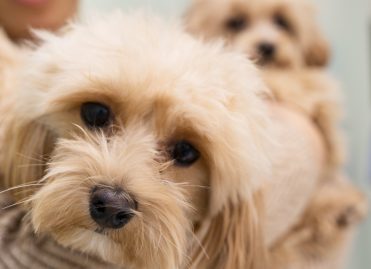Finding the Right Dog Breed for Your Lifestyle
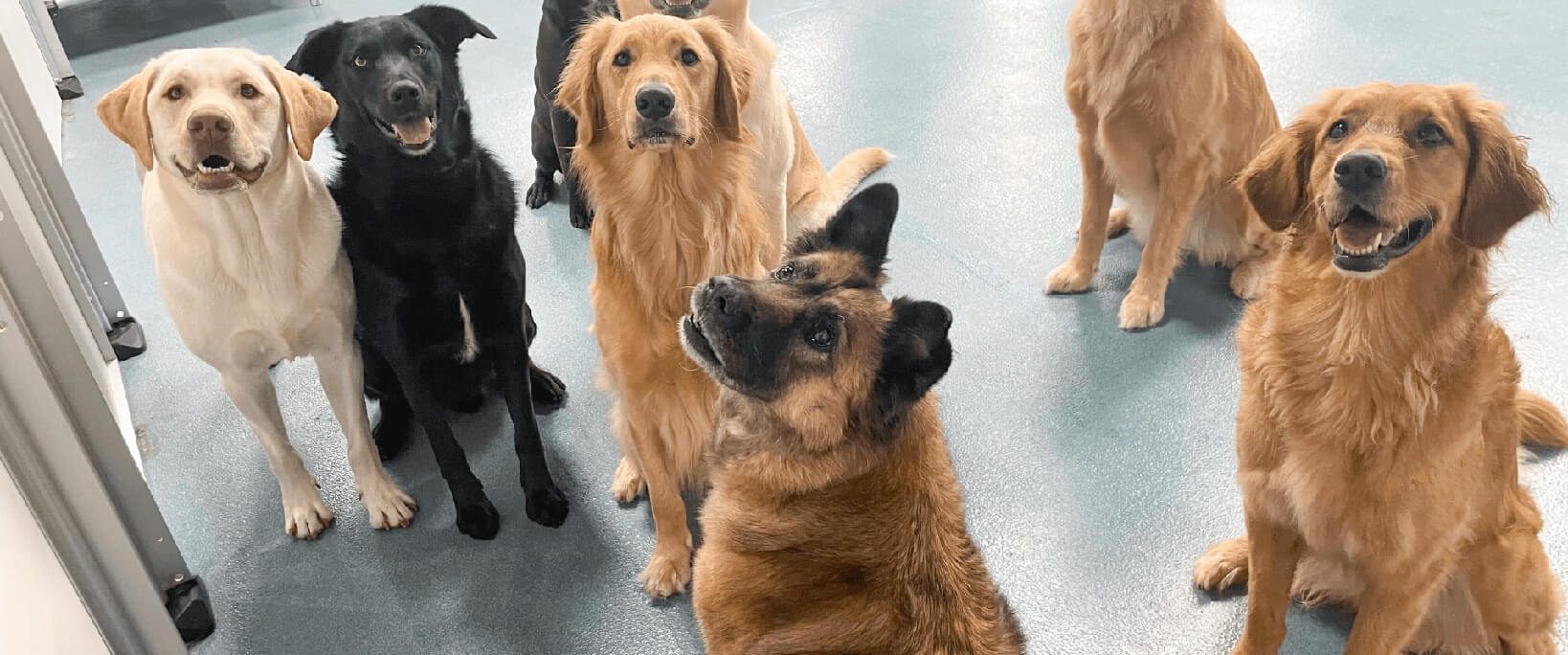
Are you thinking about adding a furry friend to your family? Finding the perfect dog breed for you is a crucial step towards a harmonious companionship. In this article, we’ll embark on a self-assessment journey to help you discover which dog breed is the best fit for your unique lifestyle and preferences.
Assessing Your Lifestyle: Finding the Perfect Fit for You and Your Dog
Take a moment to reflect on your current lifestyle and daily routines. Are you an active individual who loves outdoor adventures, or do you prefer a more laid-back and relaxed lifestyle? Consider your activity level and how much exercise you can provide for your furry friend. Think about your living arrangements.
Do you have a spacious backyard or access to nearby parks, or do you live in a cozy apartment? Some breeds, like Australian Shepherds or Golden Retrievers, require ample space to roam and play.
Matching a Dog Breed’s Characteristics with Your Lifestyle
Temperament and Energy: Some breeds, like Beagles or Dalmatians, are known for their high energy and playful nature. On the other hand, if you’re looking for a more laid-back and relaxed companion, breeds such as Bulldogs or Cavalier King Charles Spaniels might be a better fit.
Family and Children: Certain breeds, like Golden Retrievers or Labrador Retrievers, are well-known for their gentle and friendly nature, making them excellent choices for families with kids. Alternatively, some smaller breeds, such as Maltese or Boston Terriers, can adapt well to families living in smaller spaces.
Grooming and Maintenance: Some breeds, like Afghan Hounds or Shih Tzus, have long, flowing coats that require regular brushing and grooming. If you’re not up for frequent grooming sessions, a short-haired breed like a Boxer or a Whippet might be a better fit for you.
Make grooming a priority, and your furry friend will remain happy, healthy, and looking their best.
Size Matters: Matching Dog Breeds to Your Living Space
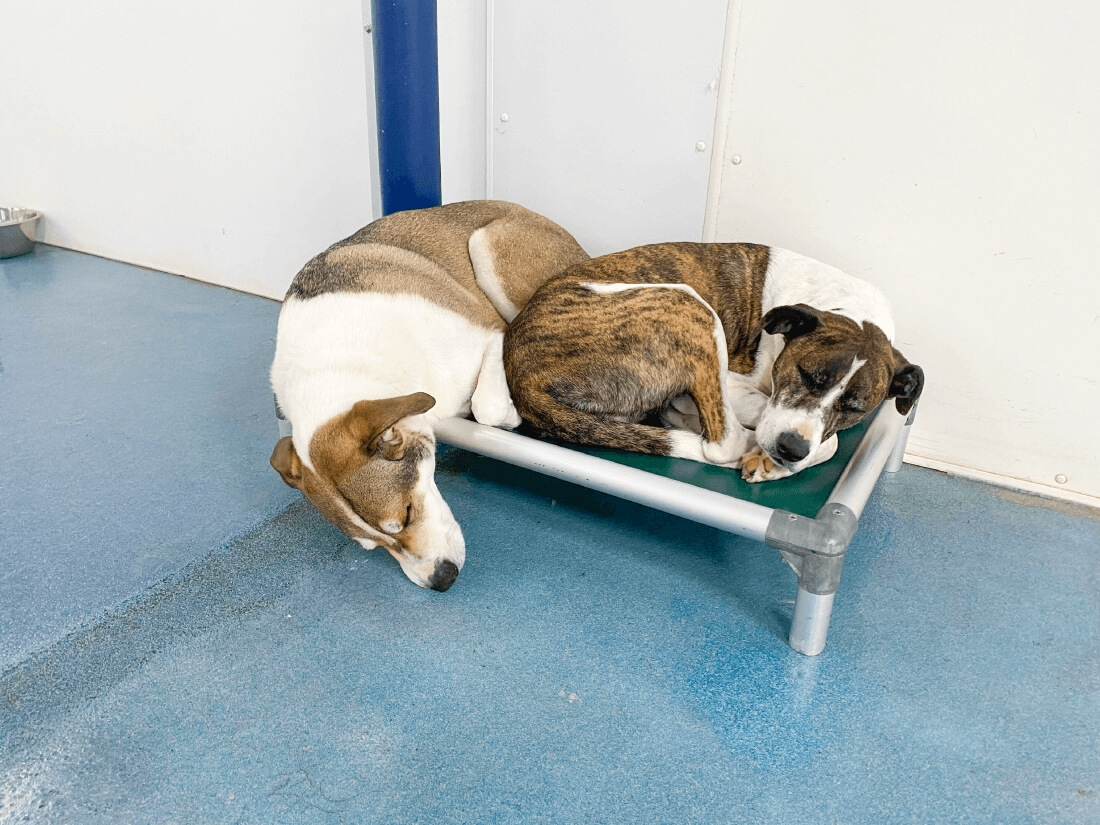
Let’s explore different breed sizes and their suitability for various living environments.
Apartment Living: Many small and medium-sized breeds are well-suited for apartment living. They are generally adaptable and require less space to thrive. Some popular apartment-friendly breeds include the Yorkshire Terrier, French Bulldog, Cavalier King Charles Spaniel, and Pomeranian.
Houses with Yards: If you have the luxury of a house with a yard, you can consider a broader range of dog breeds. Breeds like Labrador Retrievers, Golden Retrievers, German Shepherds, and Border Collies are known for their athleticism and enjoy having space to run and play.
Rural Environments: In rural environments where you have more land and possibly a farm or open spaces nearby, you have even more options when it comes to dog breeds. Breeds like Australian Shepherds, Border Collies, Bernese Mountain Dogs, and Great Pyrenees can be well-suited for rural living.
Energy Levels and Exercise Needs: Active Breeds vs. Low-Energy Companions
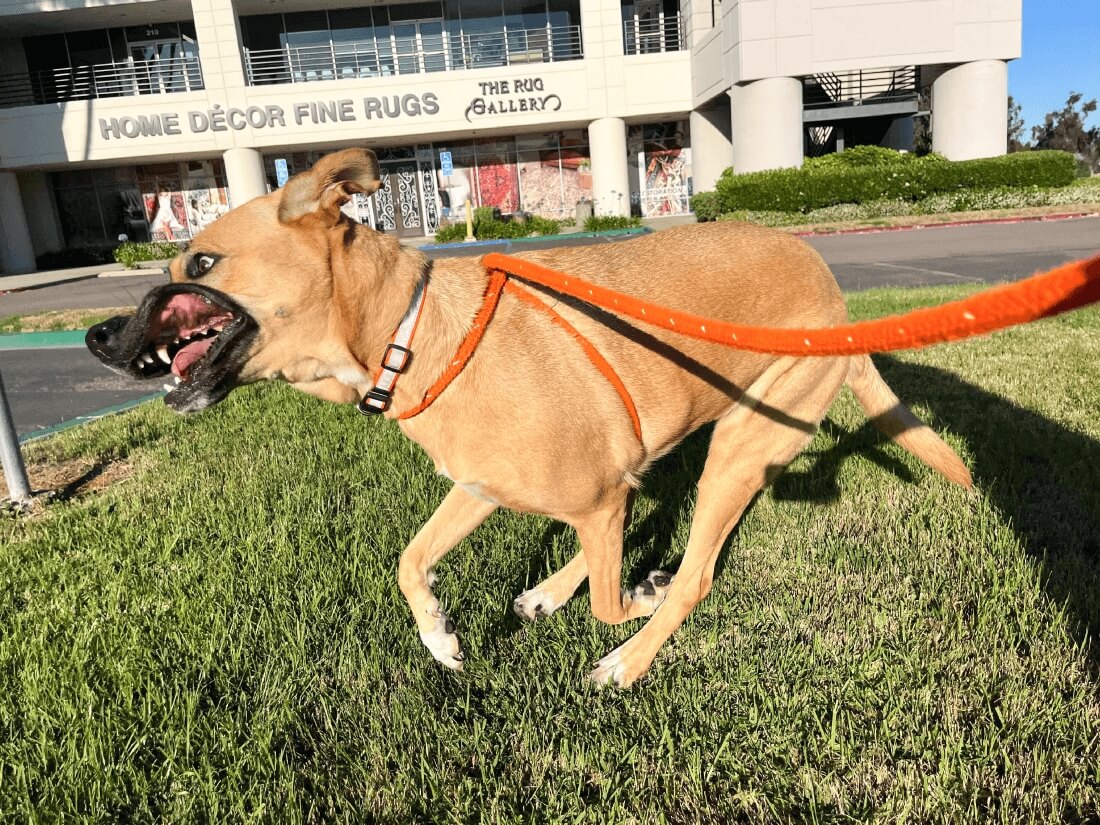
Here, we delve into the differences between active breeds and low-energy companions.
Active Breeds: High Levels of Physical Activity
Active breeds thrive on high levels of physical activity and mental engagement. These dogs often have boundless energy, and regular exercise is essential to keep them happy and healthy. Breeds such as Border Collies, Australian Shepherds, Siberian Huskies, and Jack Russell Terriers fall into this category.
Low-Energy Breeds: Suitable for a Relaxed Lifestyle
Not everyone has the time or physical capability for high-intensity exercise routines. That’s where low-energy breeds come in. These companions are more content with a relaxed lifestyle, requiring less exercise and mental stimulation. Low-energy breeds include the Basset Hound, Cavalier King Charles Spaniel, Shih Tzu, and English Bulldog.
Find out why pet owners love and trust our doggy daycare!
Grooming Requirements: Considering Maintenance and Allergies
Coat Types
- Short Coat: Breeds like Boxers, Beagles, and Greyhounds have short coats that are relatively low-maintenance. They typically require minimal brushing and occasional bathing to keep their coats clean and healthy.
- Long Coat: Breeds such as Afghan Hounds, Maltese, and Shih Tzus have long, luxurious coats that require regular grooming. These breeds often need daily brushing to prevent matting and tangling.
- Double Coat: Certain breeds, like Siberian Huskies, Golden Retrievers, and German Shepherds, have double coats consisting of a dense undercoat and a longer topcoat. These breeds shed more heavily, especially during shedding seasons.
Shedding
Shedding is a natural process for most dog breeds, but the amount of shedding can vary significantly. Some breeds shed minimally, while others shed more heavily throughout the year or during specific seasons. Regular brushing, especially during shedding seasons, can help minimize loose hair around your home.
Allergies
If you or someone in your household has allergies, it’s important to consider hypoallergenic dog breeds. These breeds produce fewer allergens and are less likely to trigger allergic reactions. Some hypoallergenic breeds include Poodles, Portuguese Water Dogs, and Yorkshire Terriers.
Family-Friendly Breeds: Dogs that Thrive in a Household with Children
Let’s highlight some family-friendly breeds and explore the qualities that make them well-suited for households with children.
Golden Retriever: Golden Retrievers are renowned for their friendly and gentle nature, making them excellent family dogs. They are patient, tolerant, and easily adaptable, making them great playmates for children.
Labrador Retriever: Labrador Retrievers are another popular choice for families. They are known for their outgoing and friendly temperament. Labradors are patient, gentle, and highly trainable, making them great companions for children.
Beagle: Beagles are known for their cheerful and friendly personalities. They are energetic, making them great playmates for children who have an active lifestyle.
Temperament and Personality: Finding a Breed that Matches Your Preferences
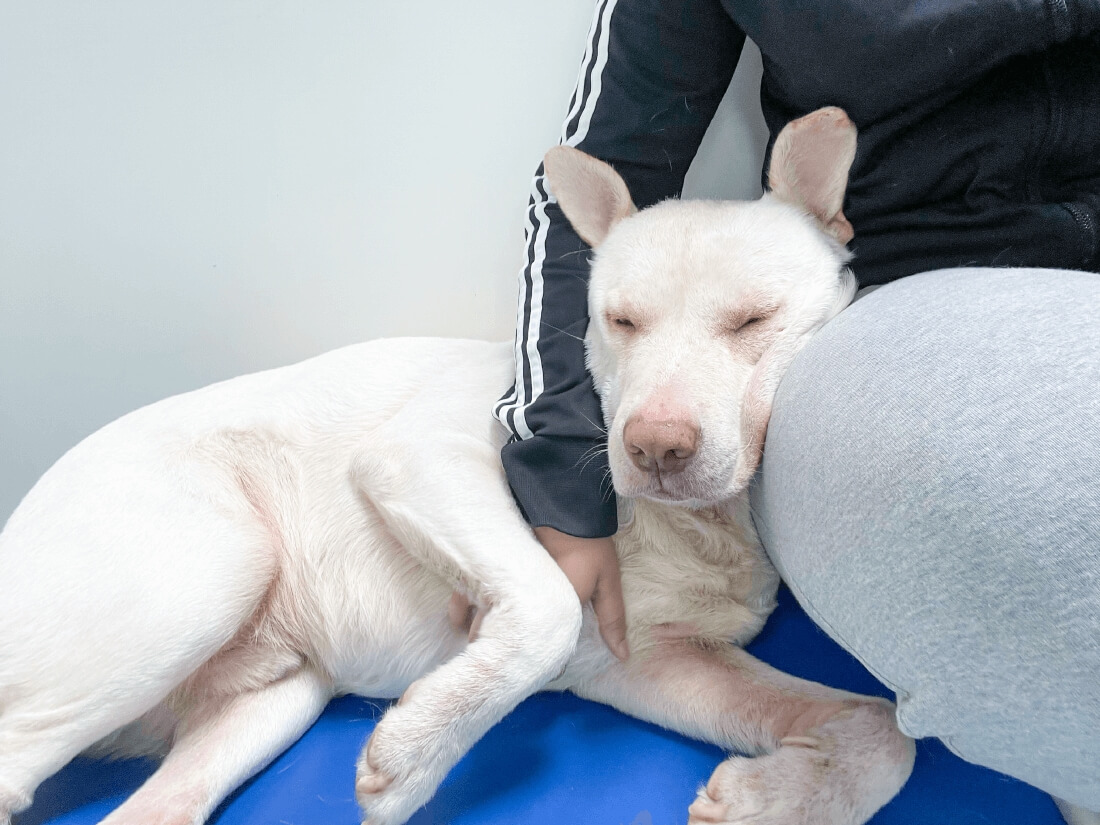
A breed’s temperament and personality traits play a significant role in shaping the owner-dog relationship.
Active and Energetic: Some breeds thrive on physical activity and mental stimulation. They enjoy engaging in activities like running, playing fetch, or participating in agility training. Breeds such as Border Collies, Australian Shepherds, and Vizslas fall into this category.
Protective and Loyal: Certain breeds have a strong protective instinct and are known for their loyalty. They naturally prioritize their family’s safety and well-being. Breeds such as German Shepherds, Doberman Pinschers, and Rottweilers often exhibit these traits.
Affectionate and People-Oriented: Breeds such as Labrador Retrievers, Golden Retrievers, and Cavalier King Charles Spaniels are known for their friendly and affectionate personalities.
We offer 24-hour dog boarding, drop-off and pick-up anytime.
Trainability and Intelligence: Breeds that Suit Different Training Styles
When selecting a dog breed, it’s important to consider their trainability and intelligence levels.
Highly Trainable and Intelligent: Certain breeds are quick to learn and eager to please their owners. They respond well to training methods and are often highly motivated by praise and rewards. Breeds such as Border Collies, Poodles, and German Shepherds fall into this category.
Moderately Trainable: Many popular breeds fall into the category of moderate trainability. While they may not be as quick to pick up commands as highly trainable breeds, they still respond well to training with consistent and positive reinforcement methods. Breeds such as Labrador Retrievers, Golden Retrievers, and Beagles are known for their willingness to learn and cooperate.
Independent and Less Trainable: Some breeds are known for their independent nature, which can make them less responsive to traditional training methods. These breeds may require more patient and consistent training approaches. Breeds such as Siberian Huskies, Afghan Hounds, and Basenjis tend to exhibit these traits.
Health Considerations: Understanding Breed-Specific Health Issues
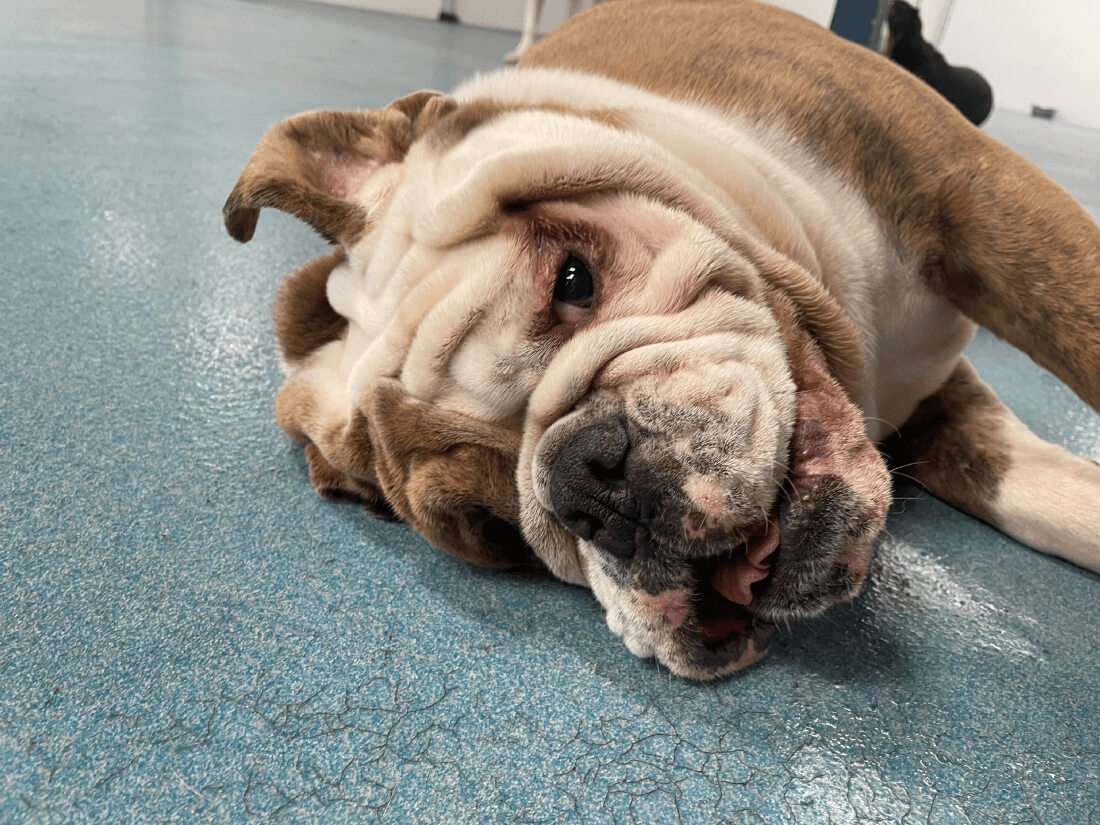
Different breeds can have specific health issues that are more prevalent within their populations.
Genetic Predispositions: Certain breeds may have genetic predispositions to certain conditions, ranging from orthopedic issues to respiratory problems and everything in between. For example, large breeds like Great Danes may be prone to hip dysplasia, while brachycephalic breeds like Bulldogs may have respiratory difficulties.
Common Health Concerns: Every breed has its own set of common health concerns that potential owners should be aware of. For instance, Golden Retrievers may be predisposed to certain types of cancer, while Cocker Spaniels are more prone to ear infections. Dachshunds are known to have a higher risk of developing intervertebral disc disease, a condition affecting their spinal discs.
Responsible Breeding and Health Testing: Responsible breeders conduct health testing on their breeding stock to identify and minimize the risk of passing on hereditary health issues. They strive to produce puppies with good overall health and temperament.
Learn more about our professional grooming services here.
Lifespan and Longevity: Planning for the Future with Your Chosen Breed
When choosing a dog breed, it’s important to consider the average lifespan and longevity of different breeds.
Each breed has its own average lifespan, which can range from around 8 years to well over 15 years. Smaller breeds tend to have longer lifespans compared to larger breeds.
For example, small breeds like Chihuahuas and Miniature Poodles often live into their early teens and beyond, while giant breeds like Great Danes and Saint Bernards typically have shorter lifespans, usually around 7 to 9 years.
Considering a breed’s lifespan is crucial when making a long-term commitment to a furry companion. Dogs become beloved members of our families, and it’s important to be prepared for the responsibilities and emotional investment that come with caring for them throughout their lives.
Adoption and Rescue: Finding the Right Mixed Breeds and Mixed Personalities
Adopting a dog from a shelter or rescue organization is a compassionate choice that saves lives and provides a second chance for a deserving canine companion. Many wonderful dogs of all shapes, sizes, and personalities are waiting to find loving homes.
Mixed breed dogs, also known as mutts or hybrids, have a genetic blend of two or more breeds. This mix can result in a unique combination of traits and characteristics, making each mixed breed dog truly one-of-a-kind.
Here are some advantages to consider:
- Health and Vigor: Mixed breeds often have a lower risk of inheriting breed-specific health issues due to their genetic diversity.
- Temperament and Personality: Mixed breeds can have diverse personalities, offering a wide range of temperaments, energy levels, and traits.
- Unique Appearance: Mixed breed dogs often boast unique physical appearances.
With mixed breed dogs, it’s important to recognize and manage their mixed personalities effectively. Here are some considerations:
- Individual Assessment: Each mixed breed dog is an individual, and their personality can be influenced by the breeds in their genetic makeup.
- Training and Socialization: Just like any dog, mixed breeds require training and socialization. Positive reinforcement techniques, consistent guidance, and early socialization help them become well-adjusted and obedient companions.
- Embrace the Unpredictability: Mixed breed dogs may exhibit traits and behaviors that are unique to their individual genetic makeup.
At 24 Hour Dog Daycare, we prioritize the well-being of dogs in our care, with spacious play areas and private suites. Our trained staff is attentive to every dog’s body language and signals, ensuring a safe and happy environment.
Need a doggy daycare? Make a reservation with us today. Your furry friend will be happiest in our care.
FAQs
1. Are mixed breed dogs healthier than purebred dogs?
Mixed breed dogs often have a lower risk of inheriting breed-specific health issues due to their genetic diversity. However, individual health can still vary, and it’s important to provide proper care and regular veterinary check-ups for any dog, regardless of breed.
2. Can I predict the temperament of a mixed breed dog?
While the temperament of a mixed breed dog can be influenced by the breeds in its genetic makeup, it’s important to remember that each dog is an individual. Spending time with the dog, understanding its behavior, and considering its upbringing and socialization experiences will provide insights into its temperament.
3. Can I train a mixed breed dog as easily as a purebred dog?
The trainability of a dog depends on various factors, including individual personality, intelligence, and the consistency and approach of the training. While some mixed breed dogs may require more patience and creativity in training, positive reinforcement techniques and consistent training methods can be effective for training dogs of any breed or mix.


